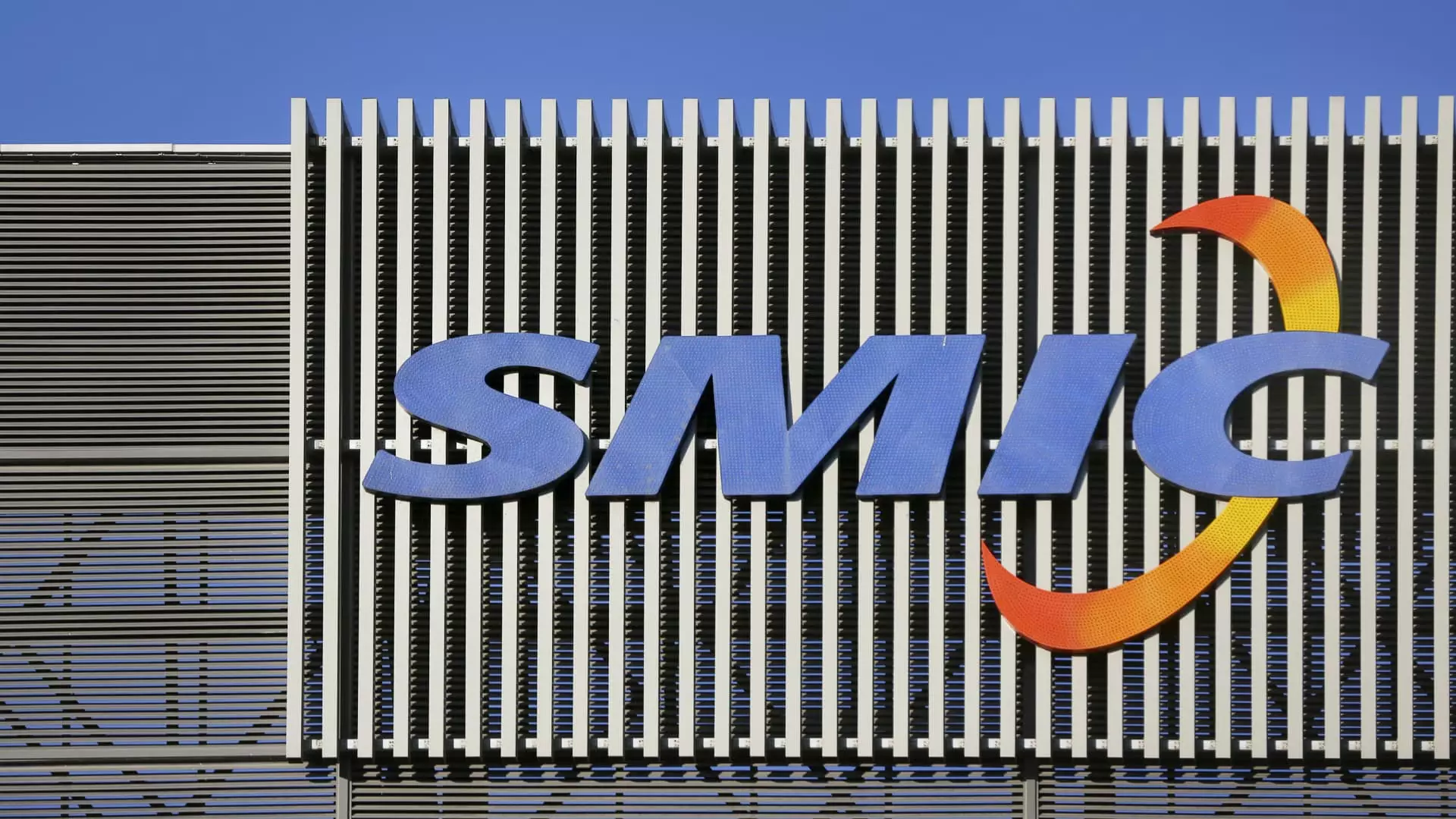Semiconductor Manufacturing International Corporation (SMIC) recently warned of intense competition in the chip industry after its first-quarter profit missed expectations. The company acknowledged that competition in the industry has been increasingly fierce and pricing for commodity products typically follows market trends. This indicates a challenging environment for SMIC as they navigate through the competitive landscape of the semiconductor market.
SMIC emphasized the importance of constructing quality technology platforms to leap ahead in mainland China by one to two generations. This focus on innovation is vital for the company to stay relevant and competitive in the rapidly evolving industry. However, SMIC faces tough competition from industry giants like Taiwan’s TSMC and South Korea’s Samsung Electronics, which are known for their advanced chip manufacturing capabilities.
The company’s first-quarter net income plunged by 68.9% from a year earlier, falling short of analyst estimates. Additionally, SMIC recorded its lowest gross margin in nearly 12 years, further highlighting the financial challenges faced by the company. Despite these setbacks, SMIC reported a 19.7% increase in revenue, driven by customers stocking up on chips. This revenue growth surpassed analyst expectations but was not enough to offset the decline in net income.
SMIC noted that the integrated circuits (IC) industry was still in the recovery stage in the first quarter, with customer inventory gradually improving. The company observed an increase in global customers’ willingness to build up inventory, indicating growing demand for chips. Customers are preparing for competition and responding to market trends by stocking up on inventory. However, SMIC faced challenges in fulfilling rush orders due to production capacity constraints.
To enhance competitiveness and increase market share, SMIC is prioritizing investments in areas such as capacity construction and research and development (R&D) activities. The company plans to forgo dividends for the year 2023 to maintain its leading position in a competitive market environment and protect investor interests. Despite the fierce competition, SMIC remains optimistic about its growth prospects, believing that demand, technology readiness, and capacity expansion will contribute to its long-term success.
Looking ahead, SMIC expects second-quarter revenue to increase by 5% to 7% from the first quarter, driven by strong demand for chips. However, the company anticipates a further decline in gross margin to between 9% and 11% due to increased depreciation costs associated with capacity expansion. Additionally, SMIC’s presence on the U.S. trade blacklist poses challenges in acquiring certain technologies, limiting its ability to compete on a global scale.
SMIC’s inclusion on the U.S. trade blacklist has restricted its access to key technologies and impacted its overall competitiveness. Despite these challenges, an analysis of Huawei’s Mate 60 Pro smartphone revealed that it runs on a 7-nanometer chip manufactured by SMIC. This demonstrates the company’s technological capabilities and resilience in the face of sanctions. However, industry leaders like TSMC and Samsung are already producing more advanced 3-nanometer chips, highlighting the competitive pressure faced by SMIC in terms of technological advancement.
SMIC’s warning of intense competition in the chip industry highlights the challenges and opportunities facing the company. With a focus on innovation, strategic investments, and market demand, SMIC aims to navigate through the competitive landscape and achieve long-term growth despite facing financial and technological challenges.


Leave a Reply
You must be logged in to post a comment.